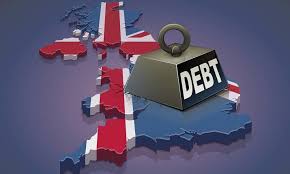Rethink Money & Debt
Objective & Focus Area
Primary Objective
Business Ambitions,Economic Ambitions,Financial Ambitions,Political Ambitions,Social Ambitions
Glimpse Into The Future
Desired Outcomes
Access,Accountability,Adventure,Balance,Change,Development,Effectiveness,Efficiency,Engagement,Equality,Excitement,Fulfillment,Growth,Influence,Innovation,Justice,Money,Opportunity,Peace,Peace of mind,Perspective,Prosperity,Satisfaction,Savings,Security,Stability,Truth,Wealth,Well-being
Listing Detail
Article Type
Academic, Educational, Informative
Images
Location or Area Impacted
Address
One Canada Square, 1, Canada Square, Canary Wharf, London Borough of Tower Hamlets, London, Greater London, England, E14 5AH, United Kingdom
Next Steps
Help Needed
Collaboration, Policy Changes, Political Will, Publicity, Debate, Public Support, Political Change
Other Help Options
Like or Dislike Listing, Review Listing, Share Listing, Offer Help & Support, Invite Others
Next Steps
Interested in getting involved? Then sign up and come make a difference.
Post Review
Login to Write Your ReviewThere are no reviews yet.








